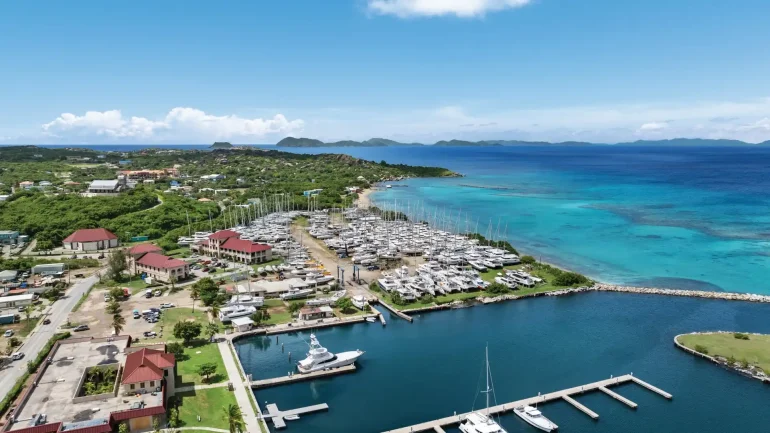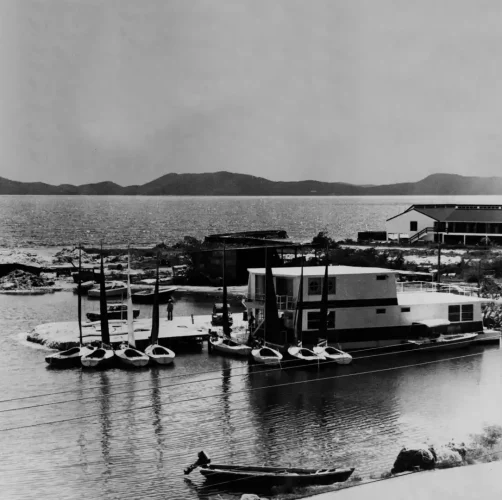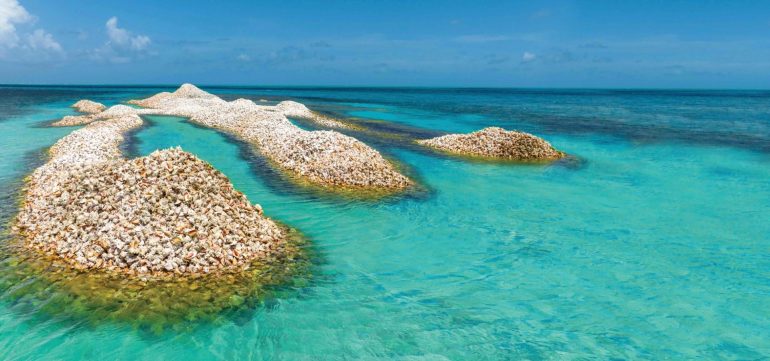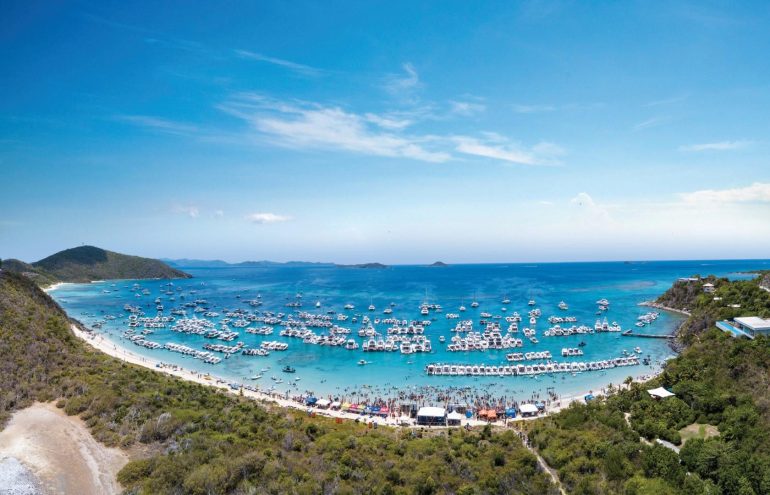In spite of the vagaries of the world economic climate, residential property investment remains a sound alternative investment option for long-term investors. The British Virgin Islands with its majestic ocean-view scenery, serene tropical climate, pristine beaches and luxury properties is an attractive option in this regard.
Additionally, with a large expatriate population, vacationers and individuals interested in acquiring vacation properties will often be given to acquiring land in the BVI.
However, separate from special requirements for expatriates, non-belongers and non-residents, such as the need to first obtain a Non-belongers Land Holding License (NBLHL) in order to acquire property in the BVI, immigration issues are also a foremost consideration of potential property investors. What special immigration privileges, if any, are accorded to non-resident property owners? What is the maximum duration of time for which entry may be granted to non-resident landholders? For individual property owners, residents employed in the BVI, what would be their immigration status should their work permit expire or is terminated?

Under existing laws, visitors to the BVI are normally granted entry to the territory for a period of up to one month by an immigration officer at any designated port of entry. Permission to land is subject to the conditions of the Immigration and Passport Ordinance which requires that any individual seeking permission to land must provide evidence of adequate financial means of support, possession of a return ticket and evidence of prearranged accommodations.
However, non-resident property owners who hold an Alien Landholding Identification card may be granted permission to land in the territory for up to six months each calendar year on presentation of their card at the port of entry and their passport stamped accordingly. This card is obtained by applying to the immigration department. However, cardholders are advised to present their alien landholding card at a port of entry only if they plan to spend more than thirty days in the BVI. In the event that the cardholder is granted six months stay but must leave the BVI before the time expires and desires to return within the year, it is advisable that the immigration authorities are notified of this fact so as to reduce the incidence of confusion upon their re-arrival at any a port of entry.
An Alien Landholding Identification Card can be obtained by applying to the immigration department, either during land acquisition and conveyance process or subsequent to transfer of title to the property. An applicant must submit a copy of the Land Affidavit/Title Deed, complete an application form and pay the requisite fee. The Alien Landholding ID is valid while the holder continues to hold the property. However, the cardholder must surrender the ID card upon the sale of the property.
Importantly, no extension of time beyond the allotted six months which an alien landholder is permitted to stay in the territory will be allowed nor is the alien landholding ID cardholder allowed to engage in any form of employment activity. The mere fact of ownership of property in the BVI does not grant the landholder any further immigration, privileges beyond the special benefit of up to six months stay in the country.
In the case of a resident landholder employed within the territory on a work permit, should their work permit expire or is terminated, the landowner may apply to the immigration department for “leave to land.” This process will allow them to exercise the benefit of up to six months stay within the BVI as a result of being a landowner. This application is made by submitting a copy of his or her Alien Landholding ID Card, completing an application form, (ID card obtainable at the immigration department), and paying a $10 application fee.
With the privilege of a six month extended vacation stay in the British Virgin Islands afforded to non-resident landholders, residential property investment does not only represent an attractive alternative investment option but offers property owners an opportunity to enjoy the islands’ splendour while unearthing the mysteries of “Natures Little Secrets.”





